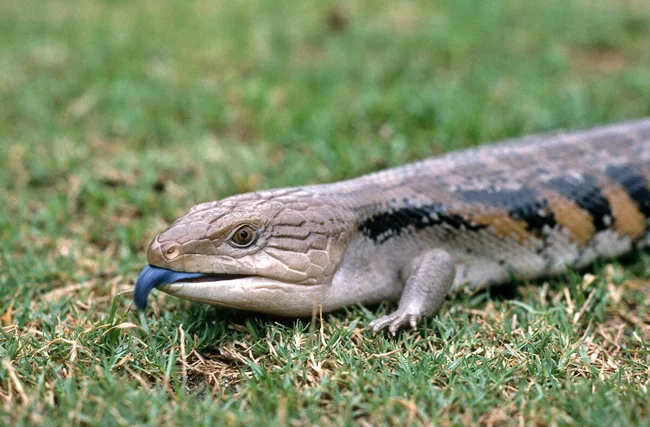Sleep and eat: real embodiments of laziness in the animal world (11 photos)
Despite the fact that people who like to spend most of their time on the couch or in bed are most often compared to sloths, there are plenty of other animals in the world that are the real embodiment of laziness. These are exactly what we will be talking about. 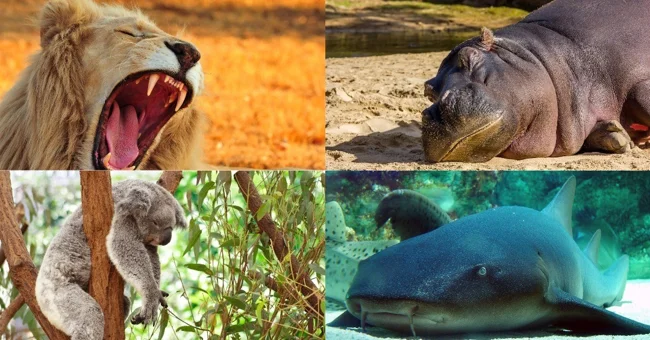
And let's start with the kings of animals - lions, who love to sleep on a truly royal scale. Due to their hot habitats, in which hunting takes a lot of energy, these predators sleep for 18-20 hours on average. True, sometimes they sleep for the whole day. 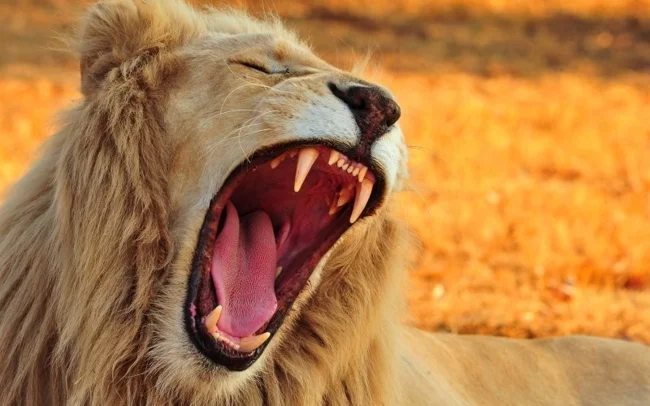
The echidna also prefers to sleep in the heat, going out to hunt only at night. As soon as the Australian sun rises, these funny animals immediately pass out for about 12 hours somewhere in the shade. I wonder how safe it is on such a dangerous continent as Australia. 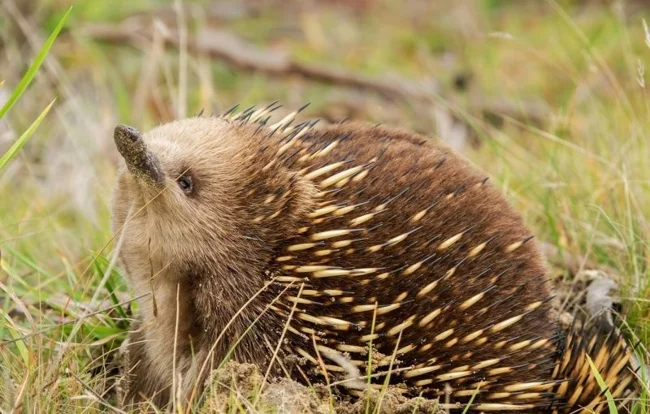
Despite the fact that most sharks need to constantly move to maintain their respiratory apparatus, there is a species among them that is far from active. We are talking about nurse sharks, also called “sea couch potatoes.” They lie on the ocean floor for 12 hours, pumping water through their gills. At night they get their food, although this can hardly be called hunting. After all, this whole process takes place in the form of a lazy suction of anything that comes nearby. 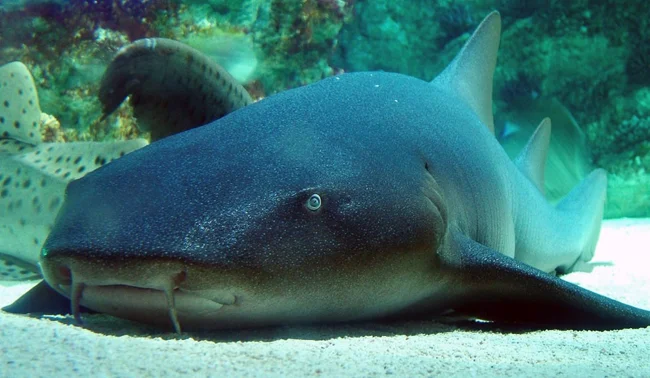
Along with echidnas and nurse sharks, pandas also sleep for 12 hours. And it’s all because of bamboo, because black and white bears need to eat at least 20 kg of it due to the lack of nutrients in it. Of course, the process of chewing and digesting such volumes of food tires them very much. 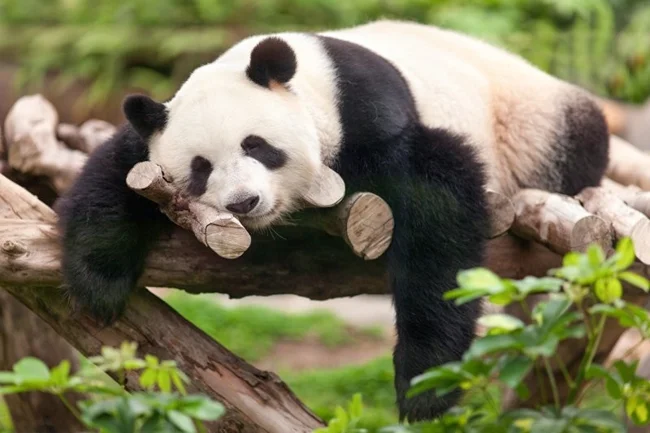
Animals that are awake at night also include mirikins. These little monkeys sleep for 17 hours, foraging for food only after dark. But this has a great advantage for them: they have excellent eyesight. True, without the ability to distinguish colors. 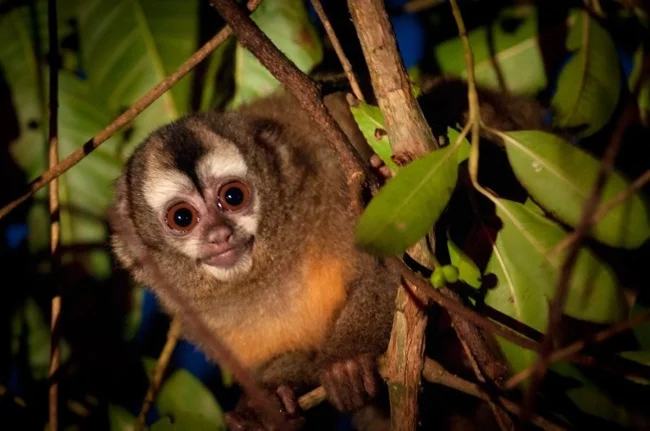
Pythons, although they have earned a reputation as fearsome reptiles, are actually lazy hulks, sleeping 18 hours a day. As with pandas, this is due to the large amount of energy required to digest the food they eat once a week. 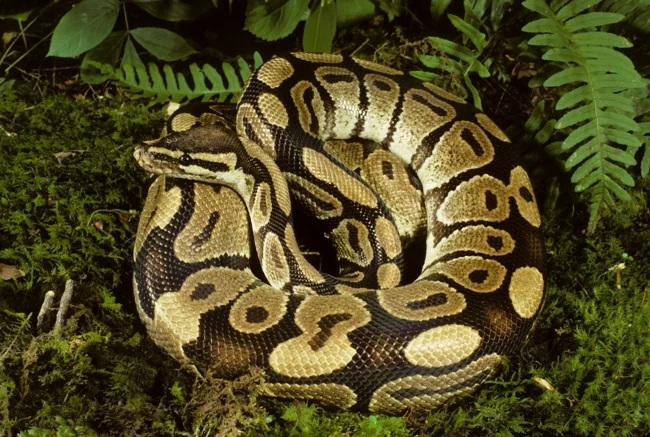
The appearance of hippos here, given their size, is not surprising. At night, wandering in search of food, they can stand in one place for about five hours and eat grass. However, these mammals sleep even more - from 16 to 20 hours. At the same time, they doze anywhere, be it on land or in water. 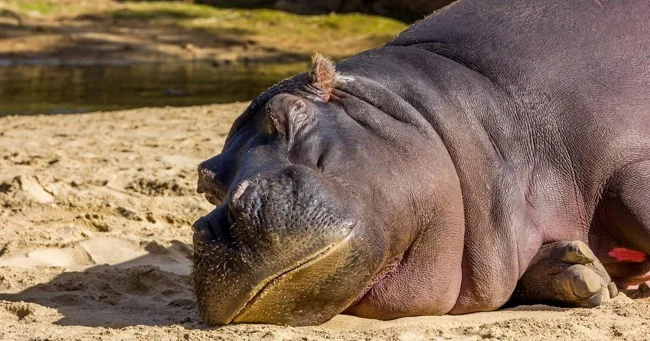
Of course, when talking about lazy animals, it is impossible not to mention sloths, known for their slowness. By the way, this pace of movement is associated with a very slow metabolism. And they sleep about the same for about 20 hours, going down to the ground only once a week to go to the toilet. It is at this moment that sloths can become easy prey for predators. 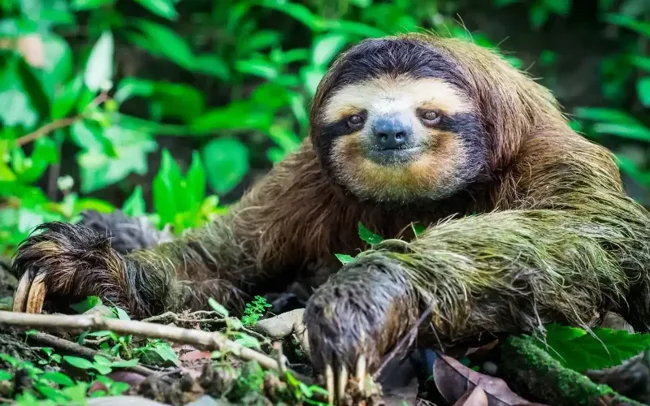
As is the case with many of the animals mentioned, koalas do not stay awake much due to the large amount of energy they require to digest their food. Mainly eucalyptus, high in fiber. That is why these small mammals are active no more than 2-4 hours a day. 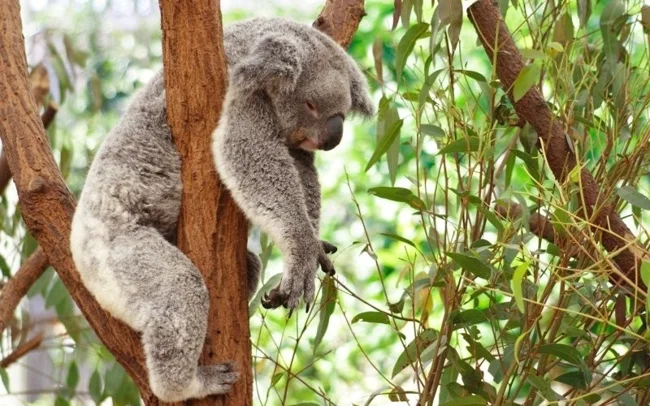
Let's end with the lizard known as the pygmy blue-tongued skink. It would be best suited for those who want a pet, but do not want to care for it at all. Of course, they do not sleep for 20 hours, but at the same time they may not move for a long time, waiting for food or water to fall on their tongue. Probably, some people would clearly envy this exotic reptile's ability. 